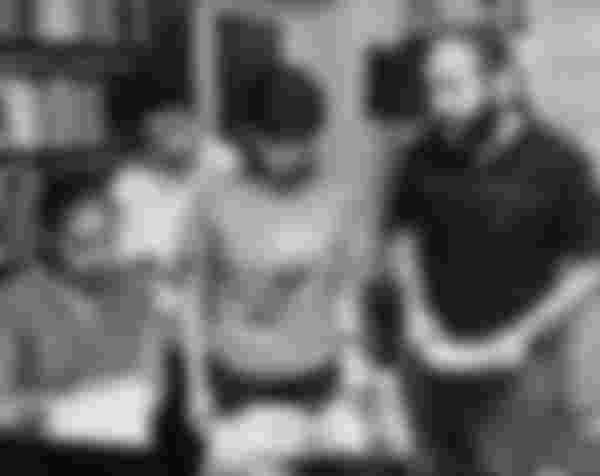László Polgár, the Hungarian psychologist who chose to raise his daughters to become chess geniuses
László Polgár is a Hungarian chess teacher and psychologist. He is the father of the famous Polgár sisters: Zsuzsa, Zsófia and Judit. It was he who decided to raise them to become chess prodigies. Judit and Zsuzsa who became the best and second best chess players in the world respectively. Judit is widely considered to be the greatest female chess player ever, as she is the only woman to have been ranked in the top 10 in the entire world, while Zsuzsa became the women's world chess champion.
According to Polgár, "Geniuses are created, not born". His experiments on daughters are considered "among the most incredible experiments in the history of human education", even if they strongly recall the assumptions of behaviorism. A famous quote from Watson, father of behaviorism, recalls Polgár's principles: "Give me a dozen children of healthy and robust constitution and an environment organized according to my specific principles, I guarantee you that I will be able to make them a doctor, a lawyer, an artist, an entrepreneur, a criminal". Both seem to assign an absolutely preponderant role to the environment and experience, but it should be noted that in recent decades behaviorism has been overtaken by approaches that see bidirectional interactions between genetic heritage, brain structures and experience.
Polgár prepared for fatherhood before marriage by studying the biographies of 400 great intellectuals, from Socrates to Einstein. Thus it was that he concluded that, if he took the right approach to raising children, he could turn "any healthy infant" into "a genius." His premise was simple: that every child has the innate ability to become a genius in any chosen field, as long as education begins before their third birthday and specialization begins at age six.
Polgár's detractors portray him as a "Dr. Frankenstein", contesting the choice to use his own daughters as experimental subjects. In 2012, however, Judit Polgár gave an interview talking about the "very special atmosphere" in which she grew up, praising her parents and stating that chess, for her, was a game, and then a sport, a art and a science. "I was happy that we were in a closed circle at home and then we went out to play chess and saw the world."
A Guardian reporter noted that while "the best chess players can be dysfunctional", Judit was "chill-out, approachable and surprisingly well-balanced", having managed "to juggle a career in competitive chess with two young children, running a foundation of chess in Hungary, writing books and developing educational programs based on chess".

